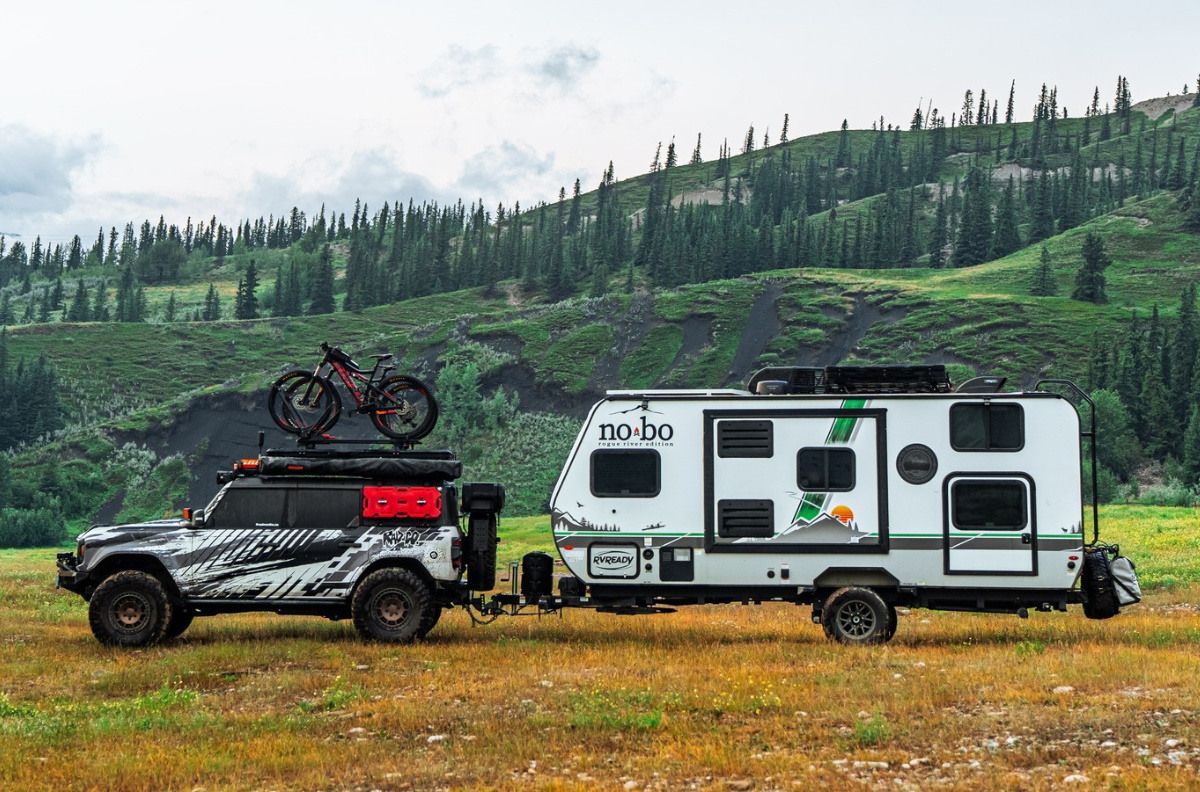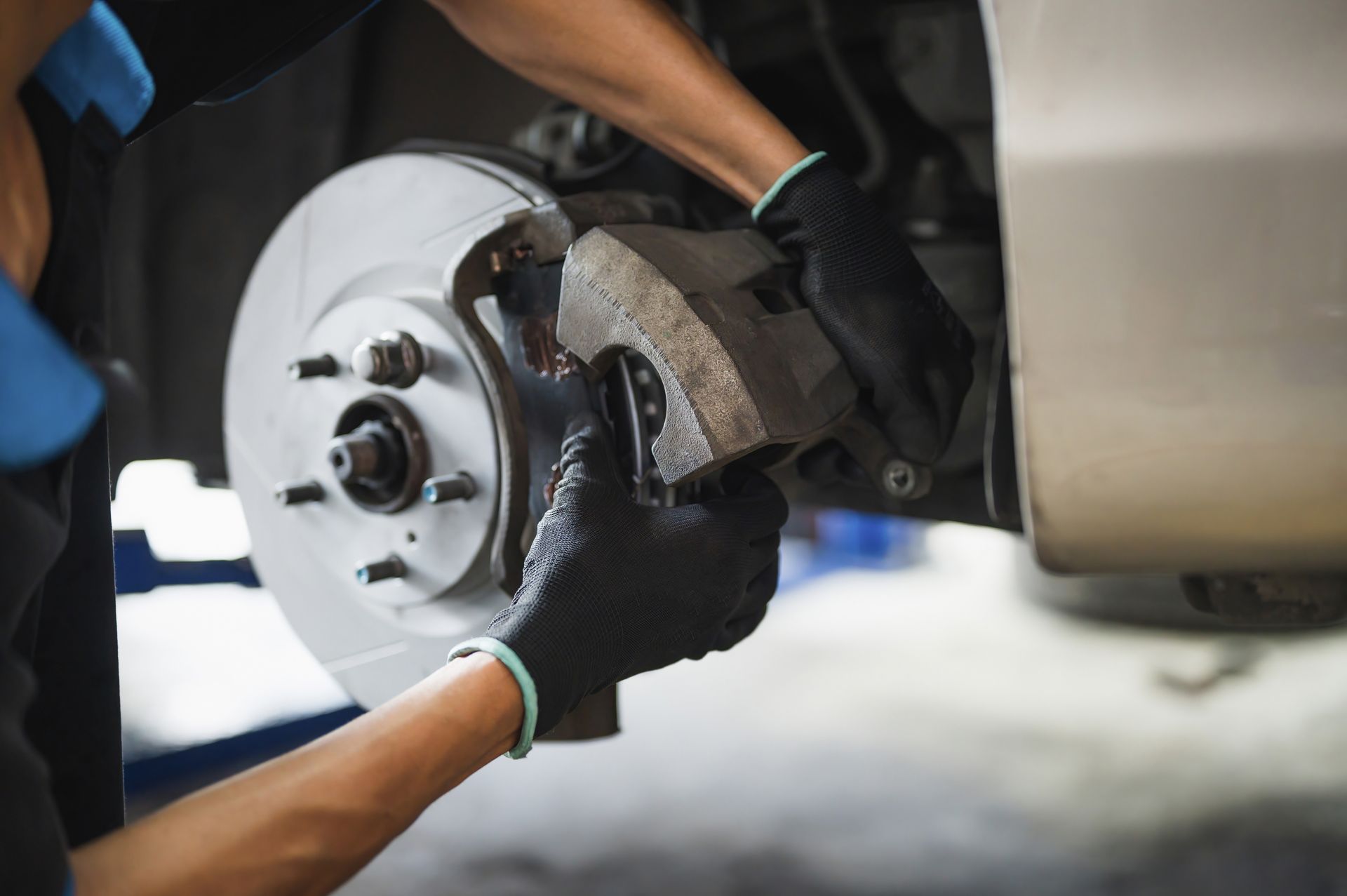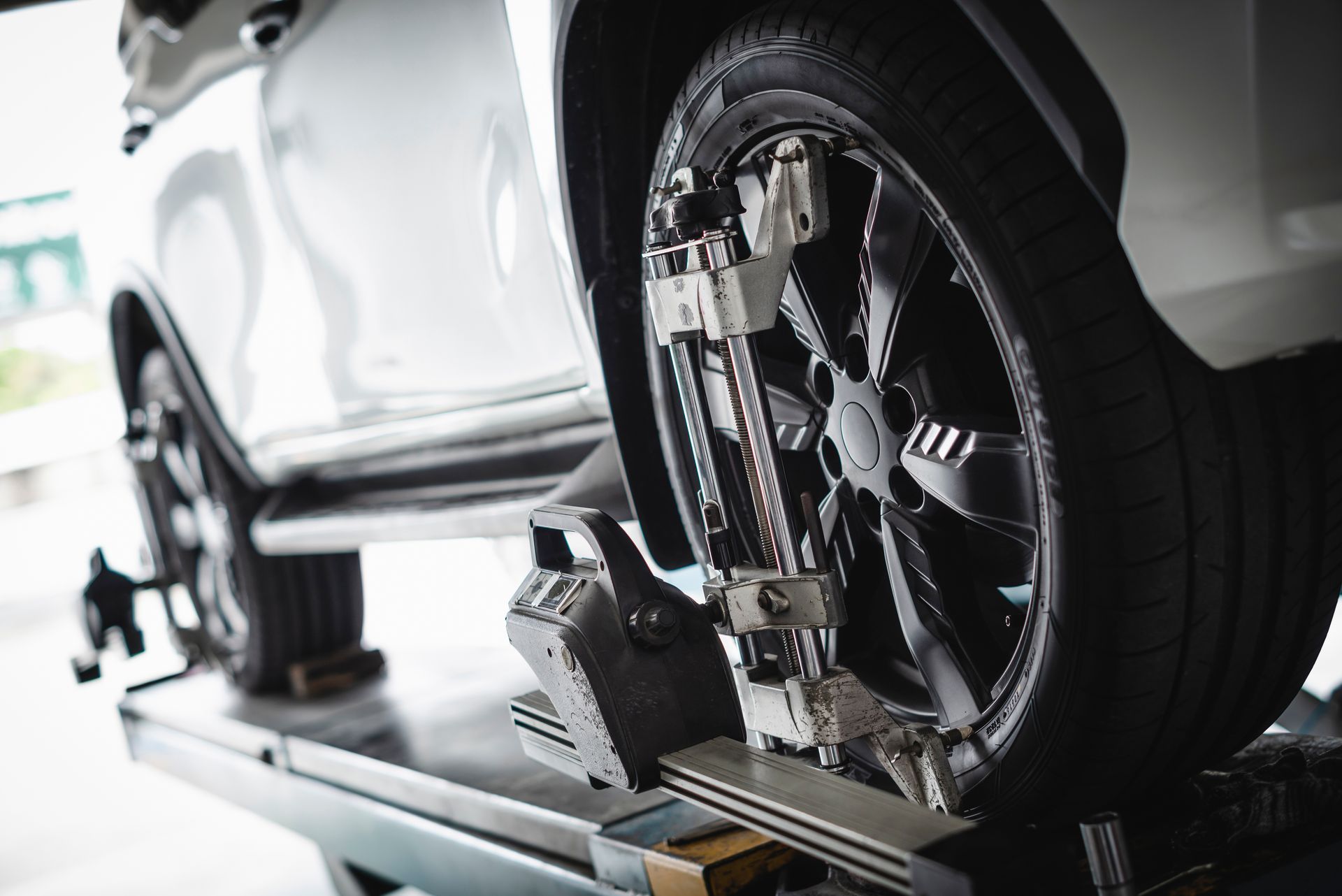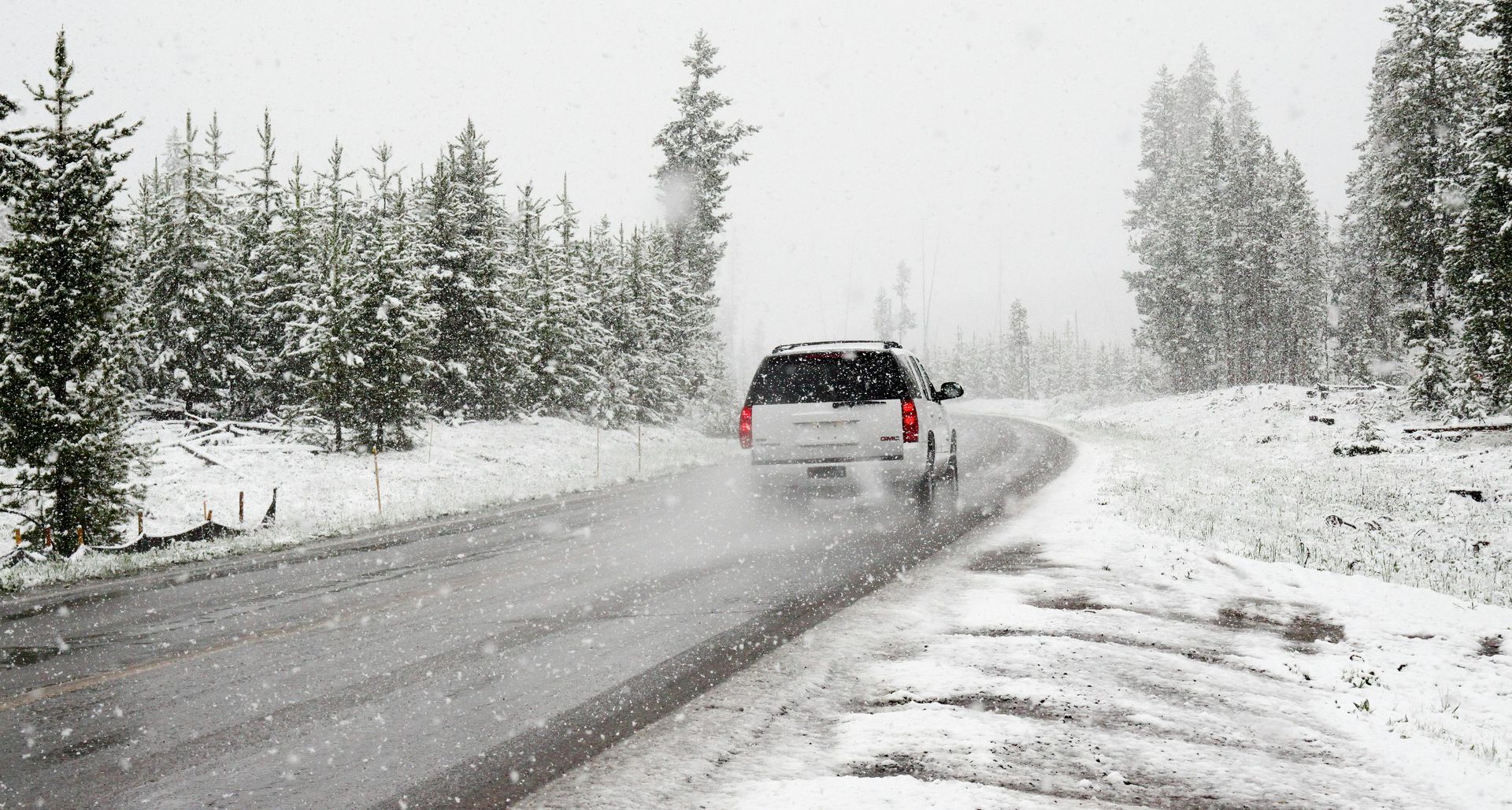Why Fall is the Perfect Time for Transmission Service in Fort Collins
As autumn arrives in Fort Collins and the aspen trees start changing colors in the foothills, smart drivers know it's time to prepare their vehicles for the demanding months ahead. While most people think about winter tires and antifreeze, there's another crucial system that deserves attention: your transmission.
Fall presents the ideal window for transmission maintenance in Northern Colorado. After a summer of hot weather driving and before winter's harsh conditions arrive, your transmission needs care to handle whatever Colorado roads throw at it. Whether you're commuting down Harmony Road or planning weekend trips to the mountains, a well-maintained transmission keeps you moving smoothly.
Timing your transmission service for fall isn't just convenient—it's strategic maintenance that can prevent expensive problems and keep you safe on Fort Collins' increasingly challenging winter roads.
Summer Takes a Toll on Transmissions
Colorado summers can be brutal on vehicle transmissions. High temperatures, mountain driving, and stop-and-go traffic around Fort Collins put extra stress on transmission components. Your transmission fluid has been working overtime, and by fall, it's likely ready for attention.
Hot weather thickens transmission fluid and breaks down its protective additives. If you spent summer months driving up to Estes Park or pulling trailers to camping spots, your transmission fluid has absorbed extra heat and contamination. This degraded fluid can't protect your transmission properly.
Fall gives you the perfect opportunity to refresh your transmission before winter arrives. Clean fluid and properly functioning components will handle cold weather starts and winter driving conditions much better than a transmission that's been struggling all summer.
Cold Weather Challenges for Transmissions
Fort Collins winters bring unique challenges that stress transmission systems. Cold temperatures thicken transmission fluid, making it harder for your transmission to shift smoothly. This is especially noticeable during those frigid January mornings when temperatures drop below zero.
Thick, cold fluid puts extra strain on your transmission pump and internal components. If your fluid is already degraded from summer driving, these cold-weather challenges become even more problematic. Fresh fluid flows better in cold temperatures and protects components during harsh winter starts.
Mountain driving in winter conditions also demands peak transmission performance. Whether you're heading to Loveland Ski Area or driving through the canyon during a snowstorm, you need smooth, reliable shifting when road conditions are already challenging.
Signs Your Transmission Needs Fall Service
Pay attention to these warning signs that indicate your transmission needs attention before winter arrives:
Delayed or rough shifting often becomes more noticeable as fluid degrades. If your car hesitates before shifting or shifts harshly, especially when cold, it's time for service.
Slipping transmission feels like your engine revs but your car doesn't accelerate properly. This often worsens in cold weather, making fall service crucial for winter reliability.
Unusual noises like whining, grinding, or clunking during shifting indicate internal problems that will only worsen without proper maintenance.
Burning smells suggest overheated transmission fluid that's breaking down. This is especially common after summer mountain driving around Fort Collins.
Fluid leaks under your parked car mean you're losing the fluid your transmission needs to operate. Even small leaks can become big problems during winter.
Benefits of Fall Transmission Service
Fall transmission service provides multiple benefits for Colorado drivers. Fresh fluid protects internal components during temperature extremes and maintains proper viscosity for smooth shifting year-round.
New fluid also improves fuel economy by reducing internal friction. With gas prices fluctuating and winter driving reducing efficiency, every bit of improvement helps your budget.
Preventive fall service catches small problems before they become expensive repairs. Transmission replacement can cost thousands of dollars—much more than routine maintenance. Finding problems early saves money and prevents being stranded during Colorado's unpredictable winter weather.
What Fall Transmission Service Includes
Professional transmission service involves more than just changing fluid. Technicians inspect your entire transmission system, including:
Fluid replacement with the correct type and amount for your specific vehicle. Different transmissions require different fluids, and using the wrong type can cause problems.
Filter replacement removes contaminants that accumulate over time. A clean filter ensures proper fluid flow and pressure throughout your transmission.
Pan inspection reveals metal particles or debris that indicate internal wear. Catching these signs early prevents major damage.
System testing checks shifting performance, fluid pressure, and electronic controls. Modern transmissions rely on computer systems that need proper diagnosis.
Don't Wait for Winter Emergencies
Transmission problems don't wait for convenient timing. Emergency repairs during winter storms are stressful, expensive, and often require waiting for parts while you're stuck without reliable transportation.
Fall service gives repair shops time to order parts if needed and complete work without the rush of winter emergency calls. You'll also avoid the premium pricing that often comes with emergency repairs during peak winter months.
Colorado's unpredictable weather means winter can arrive earlier than expected. We've seen snowstorms in Fort Collins as early as October, so completing transmission service in fall ensures you're prepared for whatever weather arrives.
Transmission Service for All Vehicles
Whether you drive a small car for city commuting or a large truck for mountain adventures, every vehicle benefits from fall transmission service. Manual transmissions need gear oil changes, while automatic transmissions require fluid and filter service.
Hybrid and electric vehicles with traditional transmissions also need regular maintenance, though service intervals may differ from conventional vehicles. Check your owner's manual or consult with professionals to determine the right schedule for your specific vehicle.
Expert Transmission Service at Total Automotive
Don't let transmission problems leave you stranded this winter. At Total Automotive in Fort Collins, our experienced technicians provide comprehensive transmission services for all makes and models. We know how Colorado's unique driving conditions affect transmissions and can recommend the right maintenance schedule for your vehicle.
From routine fluid changes to complete transmission rebuilds, we have the expertise and equipment to keep your transmission running smoothly through every Colorado season. Our ASE-certified technicians use quality parts and fluids to ensure lasting repairs.
Schedule your fall transmission service today by calling (970) 900-6735 or booking online. Get ahead of winter weather and ensure your transmission is ready for whatever Fort Collins roads demand.












